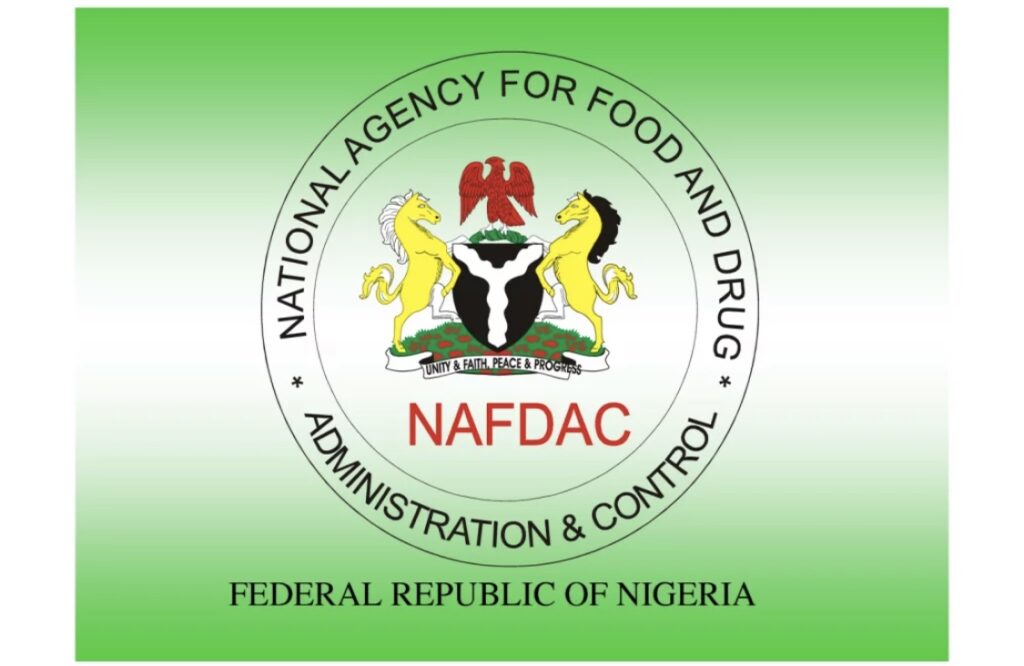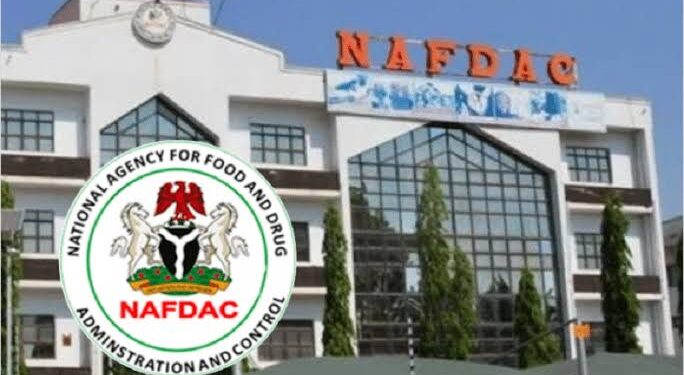The National Agency for Food and Drugs Administration and Control (NAFDAC) has initiated a critical three-day operation in Bauchi State aimed at removing counterfeit Milo chocolate drinks from local markets. This effort is part of a broader initiative to safeguard consumer health and ensure the integrity of food products available to the public.
Dr. Paul Kamai, the State Coordinator of NAFDAC, shared details about the operation during a press briefing on Wednesday. He explained that the inspections began on Tuesday and are expected to continue for three days. This move comes in response to directives from NAFDAC Headquarters to address the growing concern over fake Milo drinks being sold in various markets and superstores.

Dr. Kamai emphasized that counterfeit products pose significant health risks to consumers, and the agency is committed to removing these dangerous items from circulation. “Our primary goal is to ensure that the products on the shelves are safe and genuine. The presence of fake products undermines consumer trust and can lead to serious health issues,” Kamai said.
In addition to the current operation, NAFDAC has scheduled a separate engagement with the leadership of the Agrochemical Dealers Association later this week. This meeting will focus on educating dealers about the dangers associated with certain chemicals used in food storage. Specifically, NAFDAC will address the misuse of Dicthlobenil and Paraquat, two chemicals that have been banned due to their hazardous nature.

“With the harvest season approaching, it is crucial that we address the use of these harmful chemicals,” Kamai noted. “These substances are known to pose severe health risks and their use in food storage is both illegal and dangerous.”
Furthermore, Dr. Kamai reminded bakers and producers of packaged water about the importance of keeping their licenses up-to-date. NAFDAC requires that operational licenses be renewed every two years. Failure to do so can result in penalties and interruptions in business operations.
“Renewing licenses is not just a regulatory requirement; it’s a necessary step to ensure that businesses remain compliant with safety standards,” Kamai explained.
NAFDAC is also reaching out to small and medium enterprises to encourage them to register their products with the agency. This registration process is vital for integrating new products into the Nigerian market and ensuring they meet safety and quality standards. Kamai stressed that this process helps protect consumers and supports businesses in maintaining their market presence.
“The registration of products with NAFDAC not only helps in ensuring product safety but also enhances the credibility of businesses. It provides a level of assurance to consumers that the products they are purchasing are safe and meet the required standards,” Kamai concluded.
Through these efforts, NAFDAC aims to improve consumer safety, uphold the quality of food products, and support the integrity of the Nigerian market.




































